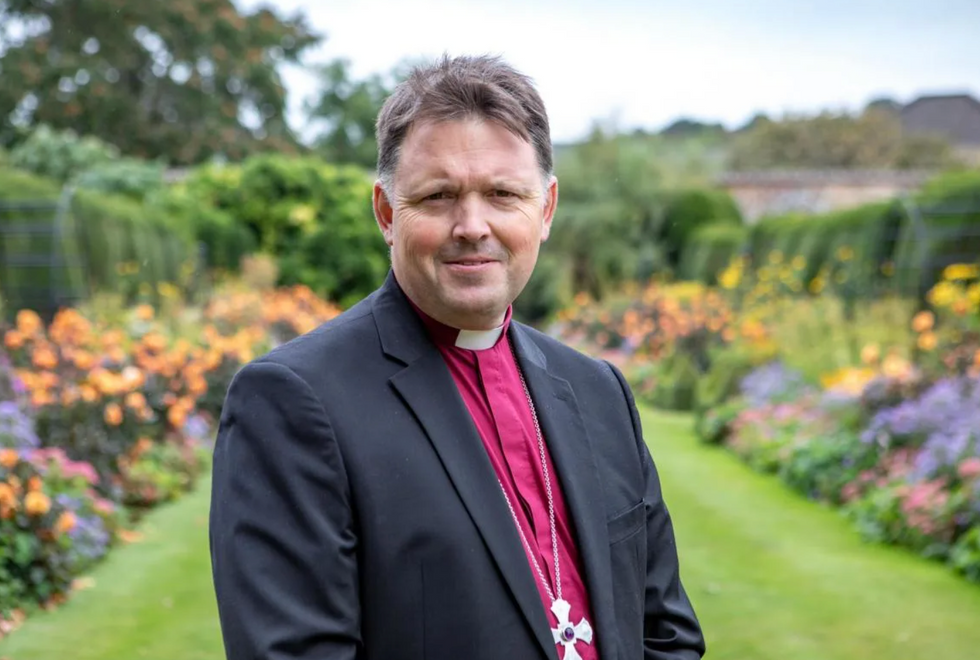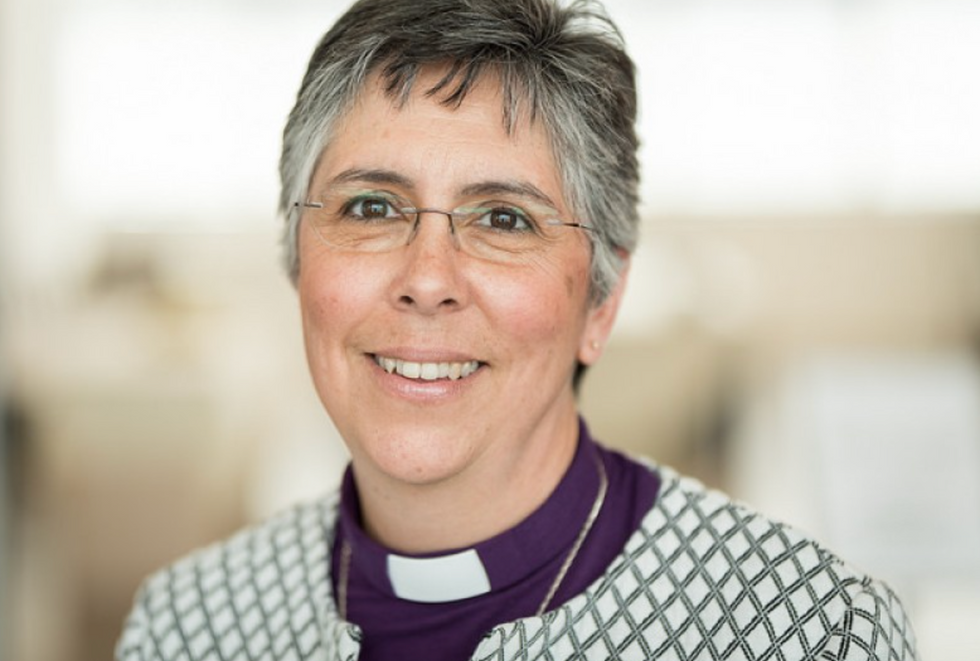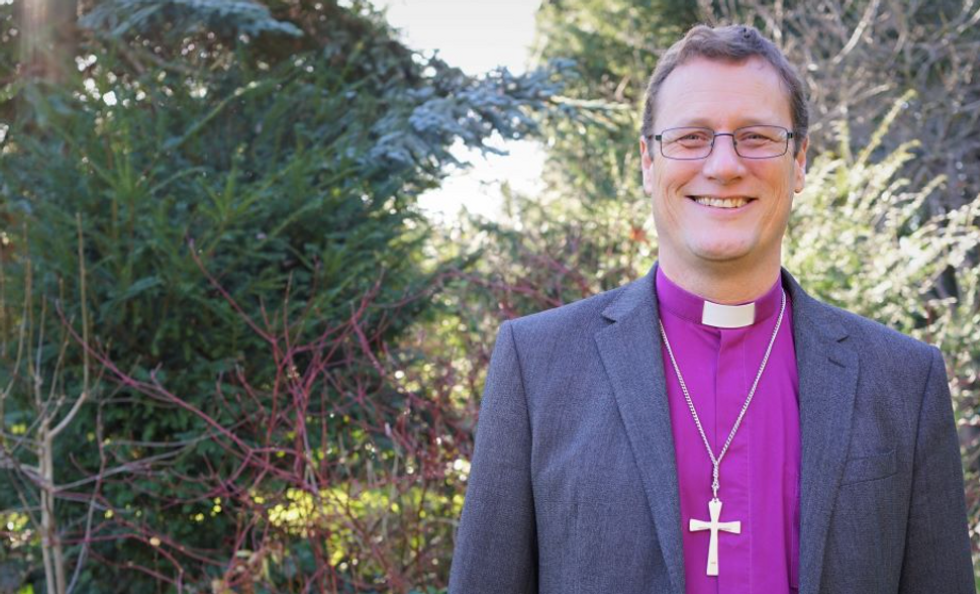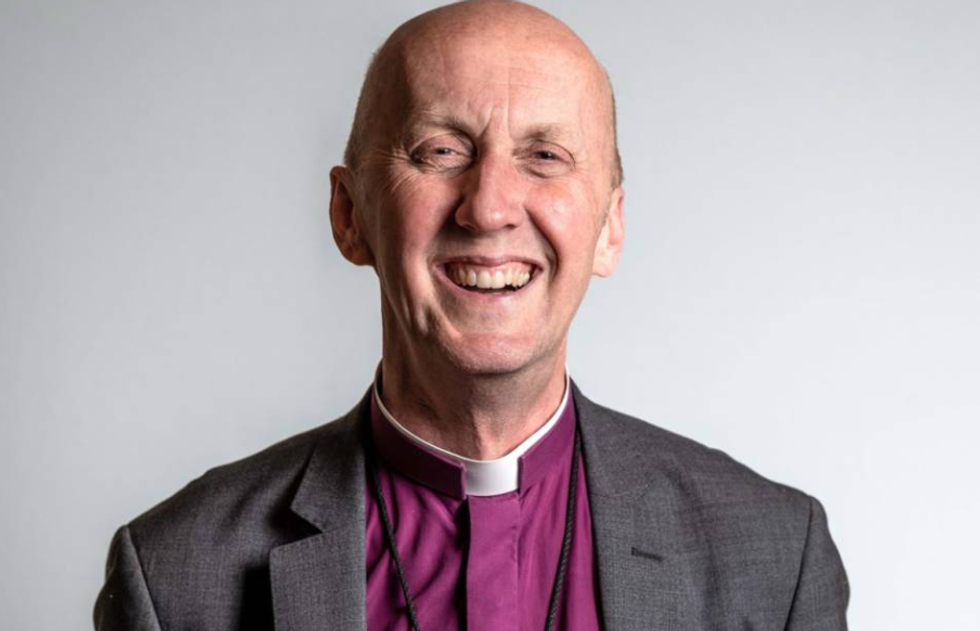From diversity to Covid vaccines: Meet the ultra-woke candidates battling it out to run the Church of England

The Archbishop of Canterbury resigned on Tuesday following an independent review into the Church of England’s handling of historical sexual abuse cases.
Justin Welby announced his decision to resign after seeking the permission of King Charles, who will officially appoint his successor.
The Crown Nominations Commission (CNC) oversees the selection process. The commission of 16 voting members includes senior clergy and lay people.
After the CNC decides on a preferred candidate and an alternative, the names are forwarded to the Prime Minister.
Although the PM has the right to choose between these two, there’s an expectation that the first name will be selected. The Prime Minister then advises the Monarch on the appointment.
This decision will not be taken lightly.
Welby’s replacement will preside over ongoing ideological and doctrinal tensions within the Anglican Communion, particularly between liberal and conservative factions.
The new Archbishop’s theological stance could steer the Church towards either a more progressive or traditional path.
Critics of Welby accused him of being “woke” and politicising the Church of England.
He has been vocal about the Church’s historical role in the slave trade, Brexit and immigration.
For instance, he described the former government’s plan to send refugees to Rwanda as “ungodly”, which some viewed as a political stance.
Welby’s replacement is likely to face the same charge.
From championing the cause of environmentalism to diversity, the potential candidates to become the next Archbishop of Canterbury are all converts to the new religion of wokeism.
Here’s a close look at each one
Rt Rev Graham Usher, Bishop of Norwich

The Rt Rev Graham Usher, Bishop of Norwich, is the Church of England’s lead bishop for the environment.
His academic background in ecological science and ecclesiastical role demonstrates his commitment to combatting climate change.
He recently led the Anglican delegation to the United Nations’ biodiversity conference, COP16, where he met representatives of governments, charities, activist groups and faith communities at the world’s largest biodiversity summit.
The Bishop of Norwich shared seven lessons he took away from the summit, including the importance of “grassroots” efforts to protect the environment.
As environmental lead, he has pushed for the government to honour its Net Zero goals.
Regarding the biodiversity of church lands, he has advocated for their enhancement. He wrote on his website: “My dream is that churchyards will be places of the living, not just the dead.”
He encourages practices like leaving areas unmown to allow for natural growth and habitat for wildlife.
Dr Guli Francis-Dehqani, Bishop of Chelmsford

Dr Guli Francis-Dehqani, the Bishop of Chelmsford, is a vocal cheerleader for diversity and multiculturalism.
As an Iranian refugee, her advocacy work is personal. She was born in 1966 in Isfahan, Iran, to Anglican Bishop Hassan Dehqani-Tafti and Margaret Thompson, whose father was also a bishop in Iran.
Her family fled Iran in 1980 following the assassination of her brother Bahram by government agents during the Iranian Revolution.
This experience as a refugee has shaped her perspective on diversity, inclusion, and the Christian response to refugees.
Bishop Guli has been vocal about the Church’s role in supporting refugees. In her speech to the House of Lords, she highlighted the Church’s involvement in welcoming the stranger, emphasising the need for better refugee integration.
“Finally, I want to recognise and praise the incredible ongoing work of local churches and communities across the country to ‘welcome the stranger’, including in my own Diocese of Chelmsford,” she said.
Before becoming Bishop of Chelmsford, as Bishop of Loughborough, she had specific responsibilities for supporting Black, Asian, and Minority Ethnic (BAME) clergy and congregations.
Rt Rev Martyn Snow, Bishop of Leicester

Rev Martyn Snow, the Bishop of Leicester, has aligned himself with several social justice movements.
Bishop Snow has been outspoken on racial justice, notably participating in acts like ‘taking the knee’ in 2020, which became a symbol of anti-racism following the death of George Floyd.
His role on the Committee for Minority Ethnic Anglican Concerns further underscores his engagement with issues of racial equality and diversity within the church.
As co-lead bishop for the Living in Love and Faith process, Snow has also played a significant role in the Church of England’s discussions on sexuality and marriage.
This initiative has been part of an effort to address and evolve the church’s stance on issues related to the LGBTQIA+ community, focusing on acceptance, love, and ensuring a place for those with differing views within the church. His involvement suggests a progressive approach towards inclusivity in these matters.
As a member of the House of Lords since 2022, Bishop Snow is particularly focused on issues of poverty.
He also leads the 30k Project, which seeks to double the number of children and young people in the Church of England by 2030.
Rt Rev Michael Beasley, Bishop of Bath and Wells

The Rt Rev Michael Beasley, the Bishop of Bath and Wells, played an active role in how the UK responded to the Covid pandemic.
This was influenced by his background as an epidemiologist before his ecclesiastical career.
Before becoming a full-time member of the clergy, Bishop Michael Beasley specialized in infectious diseases of children in low-income countries.
He served on the Church of England’s Covid task force where he helped navigate the Church through the complexities of the pandemic.
As part of his role, he advised on health guidelines for church services and gatherings to ensure safety and assisted in the formulation of policies regarding worship and community support during lockdowns and restrictions.
Bishop Beasley also engaged with public health measures, like promoting vaccination through initiatives like vaccinaid.org, which he helped launch alongside UNICEF, the NHS, and others.
This initiative aimed to raise funds for vaccinations in low-income countries, highlighting his commitment to global health issues.
He also emphasised the role of churches in community recovery post-Covid, advocating for unity, peace, and justice in facing both local and global challenges exacerbated by the pandemic.

